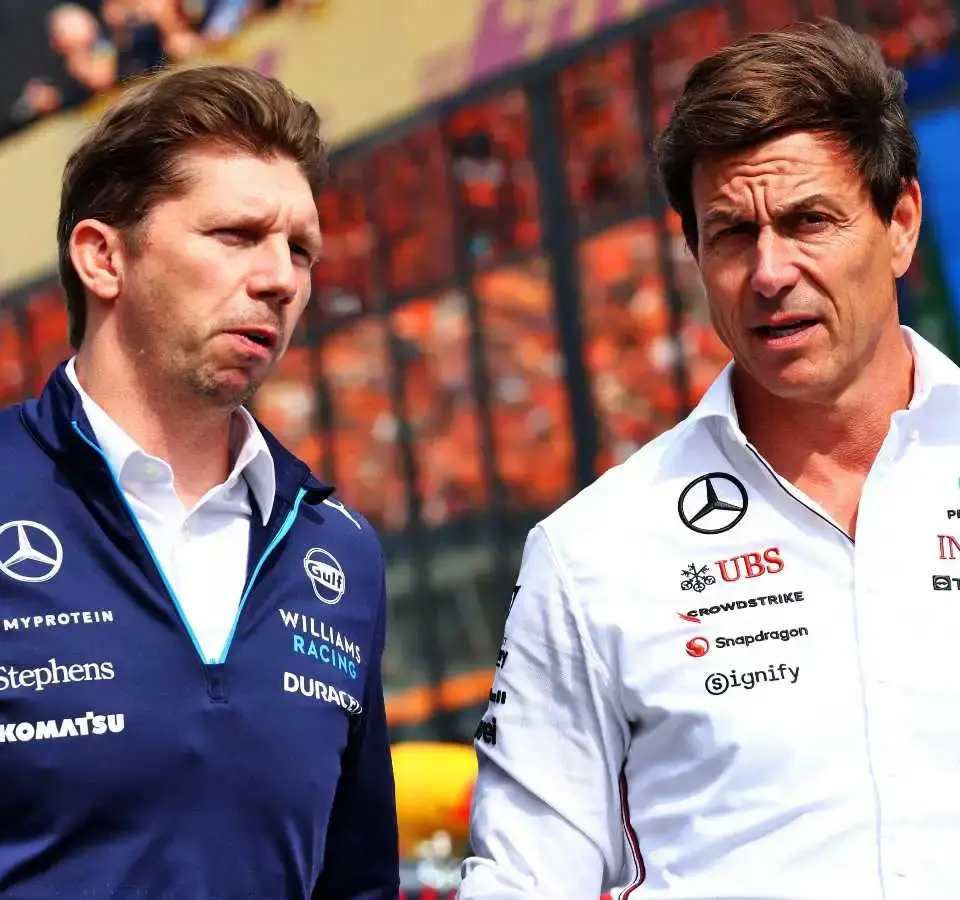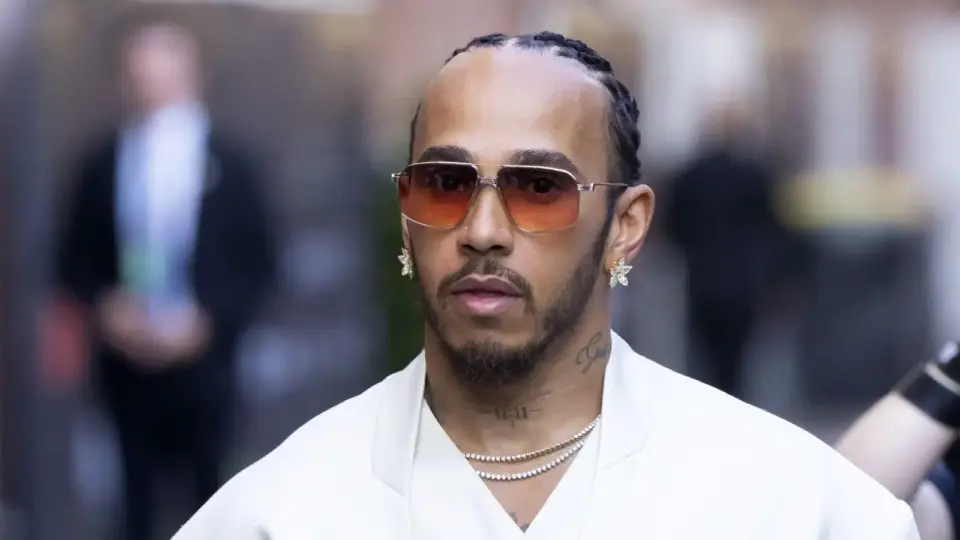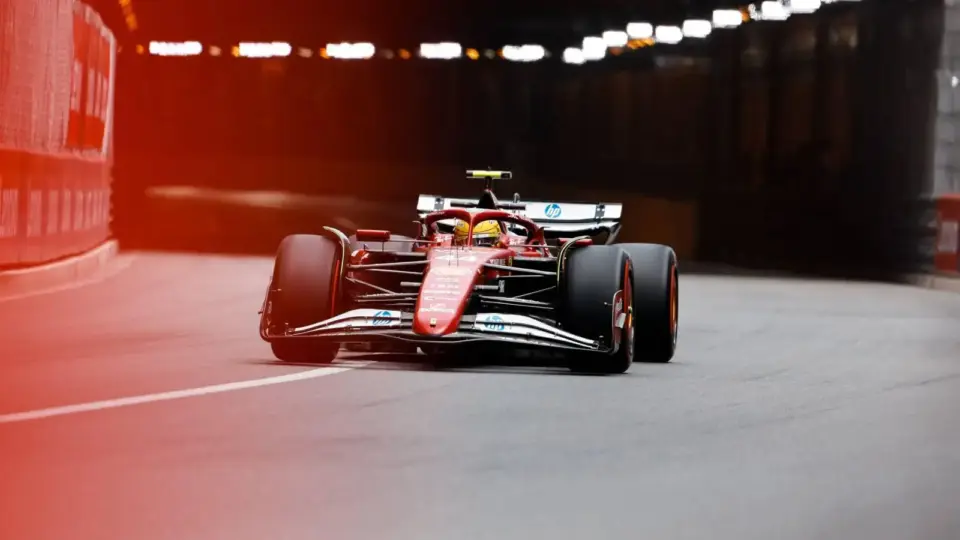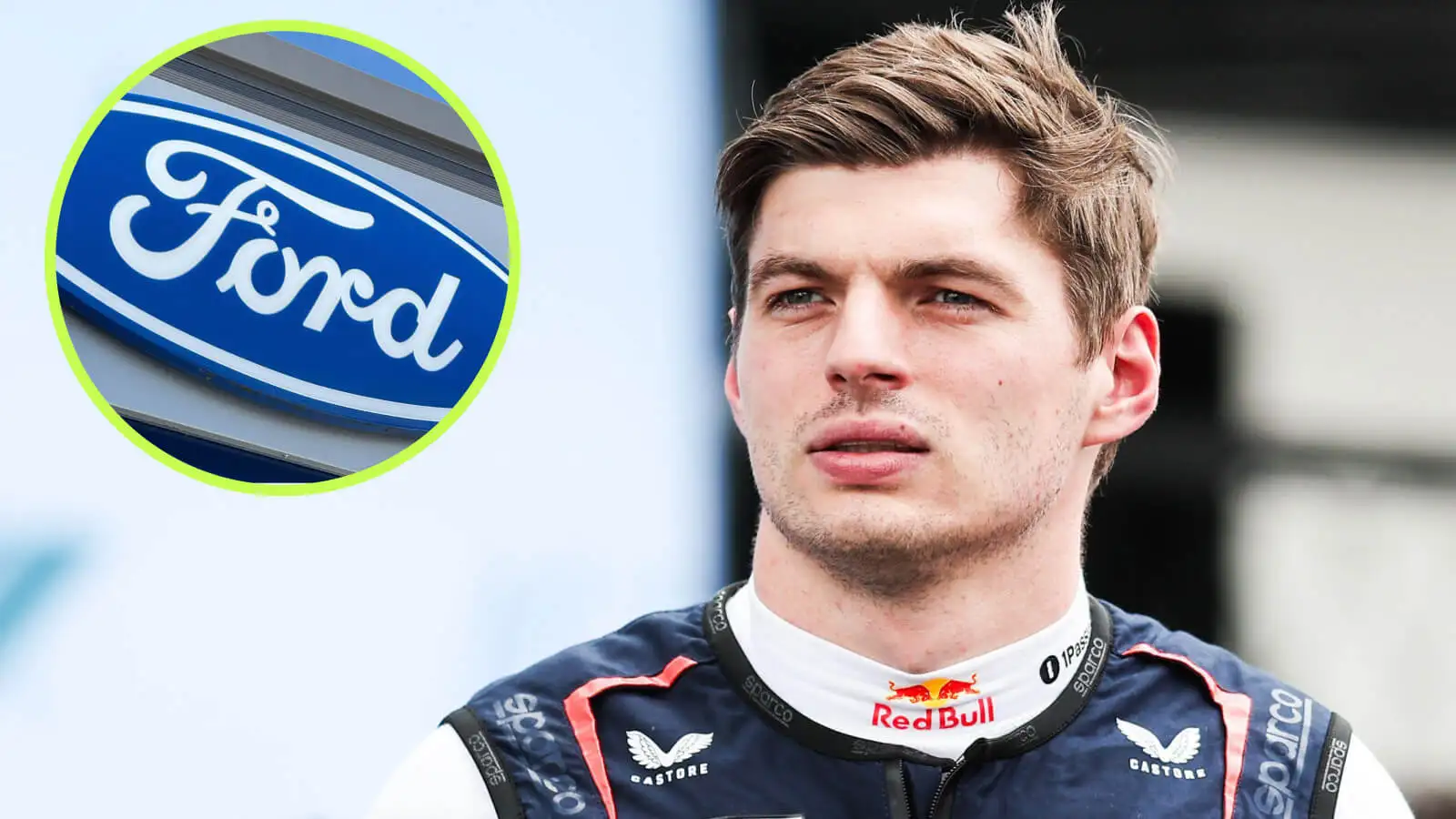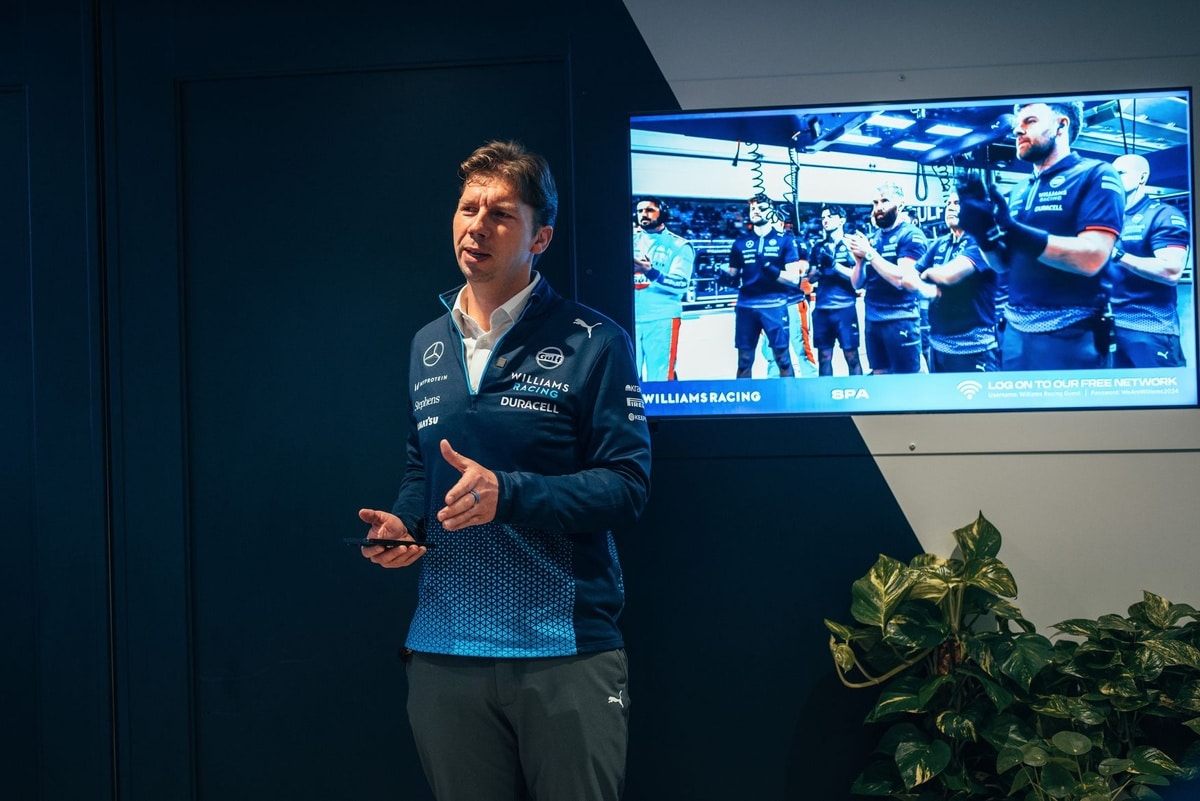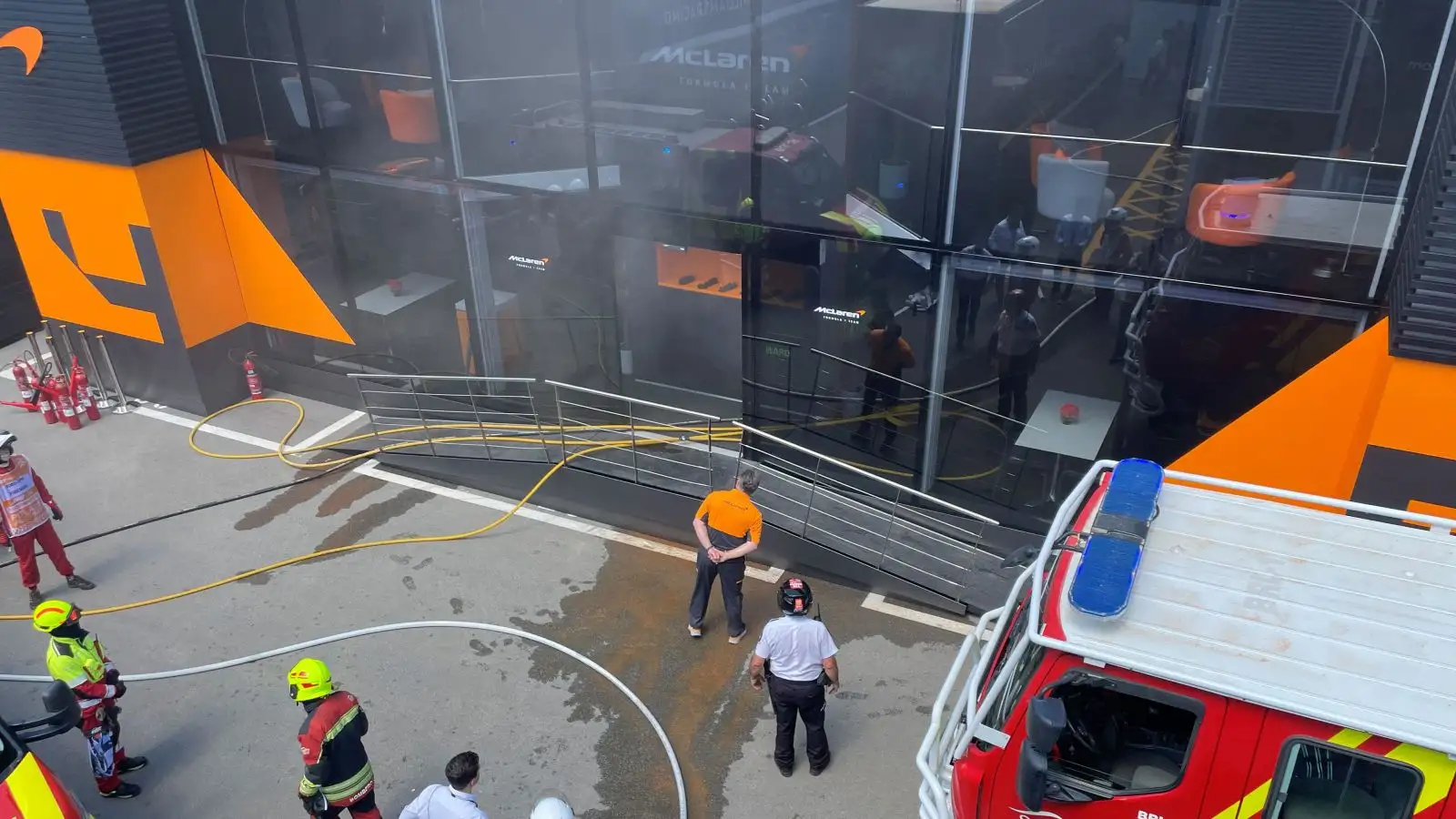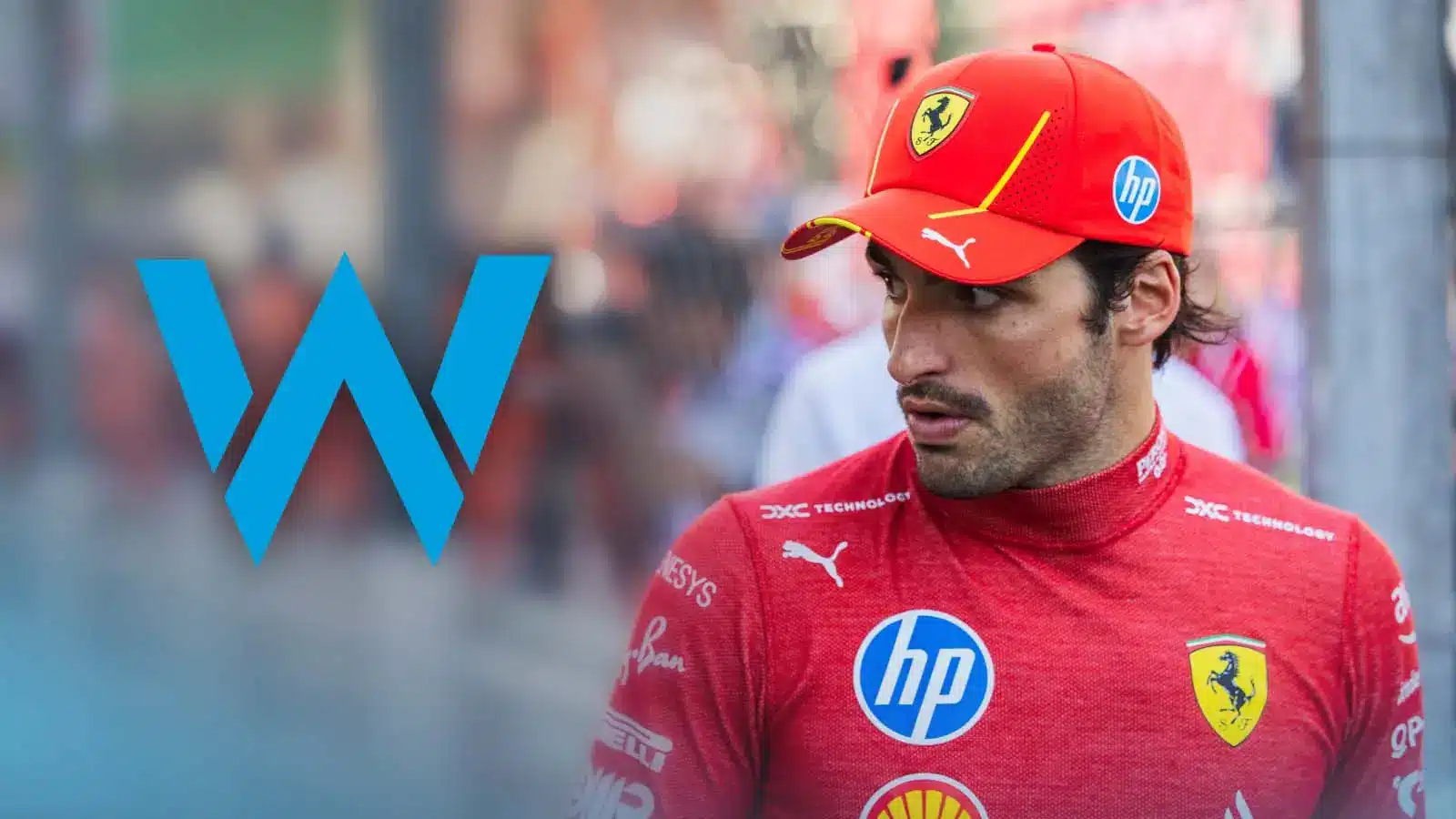Mercedes has stepped in to clarify the buzz swirling around the supposed spat between Toto Wolff and James Vowles following the Monaco Grand Prix.
As the Formula 1 world teemed with speculation, it seemed to stem from a scene that appeared more dramatic than it truly was. At the heart of the chatter was a new regulation for the 2025 Monaco Grand Prix: a rule requiring all drivers to make two pit stops. This was designed to shake up the race strategies, but it quickly became a playground for teams to showcase their ingenuity.
Williams, known for seizing opportunities, discovered a loophole early in the race. They deployed a strategic maneuver by using a lower-qualified driver to intentionally slow the pace of trailing cars, an act that effectively widened the gap between their higher-qualified driver and competitors. This allowed their lead driver to pit without losing significant positions, with the refreshed tires enabling a return to competitive speed. For Mercedes, however, this tactic was nothing short of maddening. George Russell, feeling trapped behind Alex Albon of Williams, even opted to cut a chicane, accepting an inevitable penalty with the words: ‘I’ll take the penalty.’
After the smoke cleared from the race, images circulated online, showing what seemed to be a heated dialogue between Wolff high above and Vowles on the pit lane. The internet, quick to thrive on such moments, questioned whether this was a case of souring relations between the team principals of Mercedes and Williams.
In the wake of these rumors, Mercedes’ chief communications officer, Bradley Lord, addressed the public’s curiosity in their Monaco debrief. He candidly revealed, ‘I was messaging Toto yesterday saying it would be really brilliant if it were a real argument.’ According to Lord, the scene was blown out of proportion, likening it humorously to a past incident in Saudi Arabia. Lord was clear that there was no parallel and that the supposed confrontation was simply, ‘thanks very much… thanks for the team play.’
Bradley Lord further clarified that there was really nothing else they could do from Mercedes’ standpoint, and even remarked on the strategic soundness of the move executed by Williams. Wolff himself, later in the press briefing, illuminated the context, quoting a text exchange with Vowles during the race. Vowles had texted Wolff apologizing for having no choice, to which Wolff simply acknowledged, ‘We know.’ Remarkably, Wolff expressed no ill will towards Vowles, acknowledging that Williams securing two points finishes was commendable given the circumstances.
Wolff’s comment further emphasized the mutual respect between the two, ‘James is one of my guys, and I don’t want to sound patronizing because he is making a career as a team principal and is doing really well.’ This statement underlined that the actions taken were purely in the spirit of competition. In the end, it was a strategic decision that, while frustrating for Mercedes, was one they could understand and would have likely mirrored if roles were reversed. Indeed, a similar maneuvering allowed George Russell to snag a P11 finish, a marked improvement from a potential P17 or P18 position.
Thus, the drama that fans believed they witnessed was less a tale of discord and more a showcase of racing strategy where rival teams push the boundaries of competition. The takeaway? Sometimes, what appears to be heated rivalry is nothing more than the theater of motorsport, where every move is calculated, and rivalries are strategic, not personal.
In the fast-paced world of Formula 1, strategic cunning often gets mistaken for personal rivalry. The rumored argument between Toto Wolff and James Vowles is a classic example of exaggeration fueled by competitive tension, rather than genuine conflict. With both teams simply leveraging strategy in the face of new regulations, it’s a reminder that in the pit lane, respect and rivalry go hand-in-hand.
